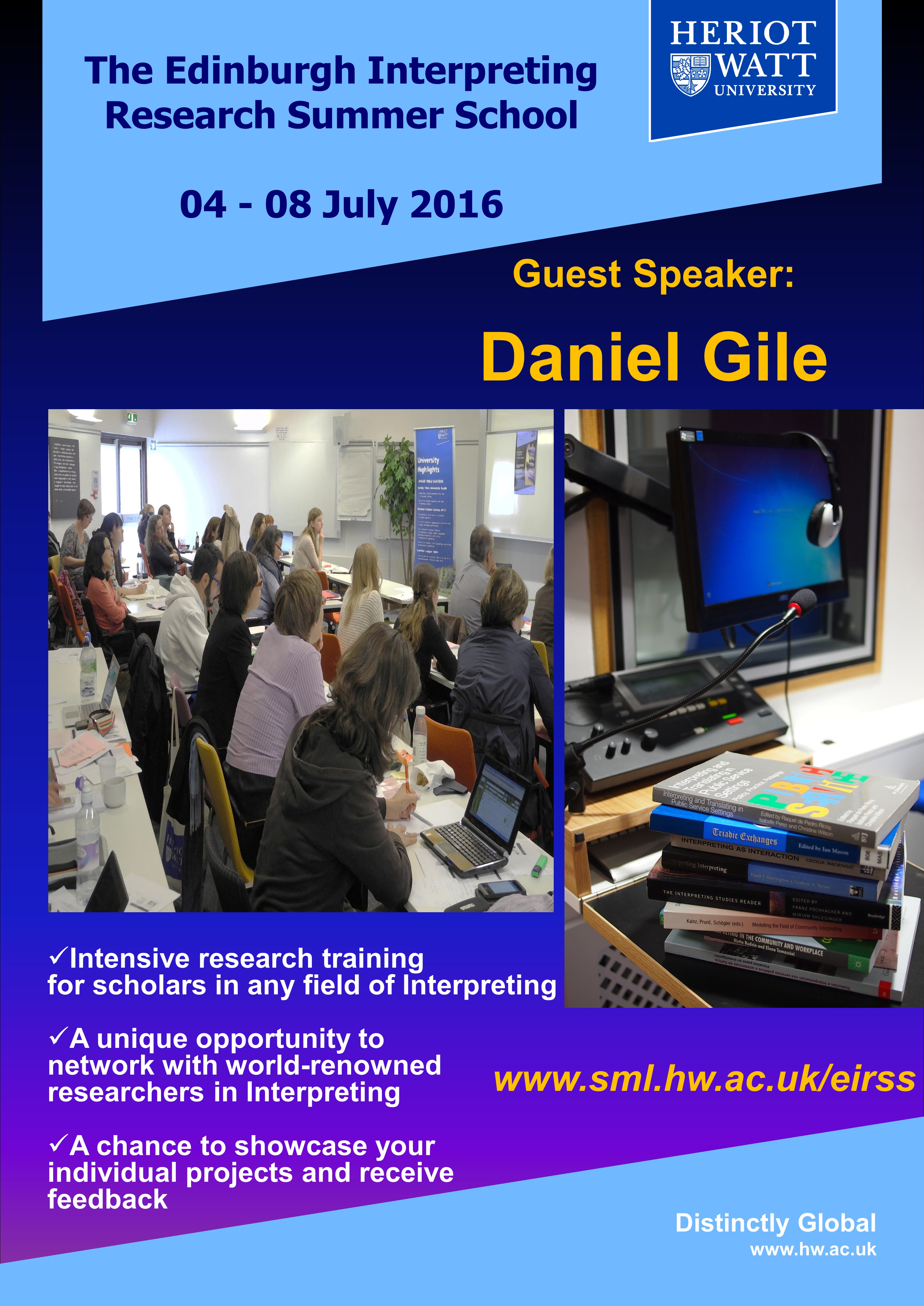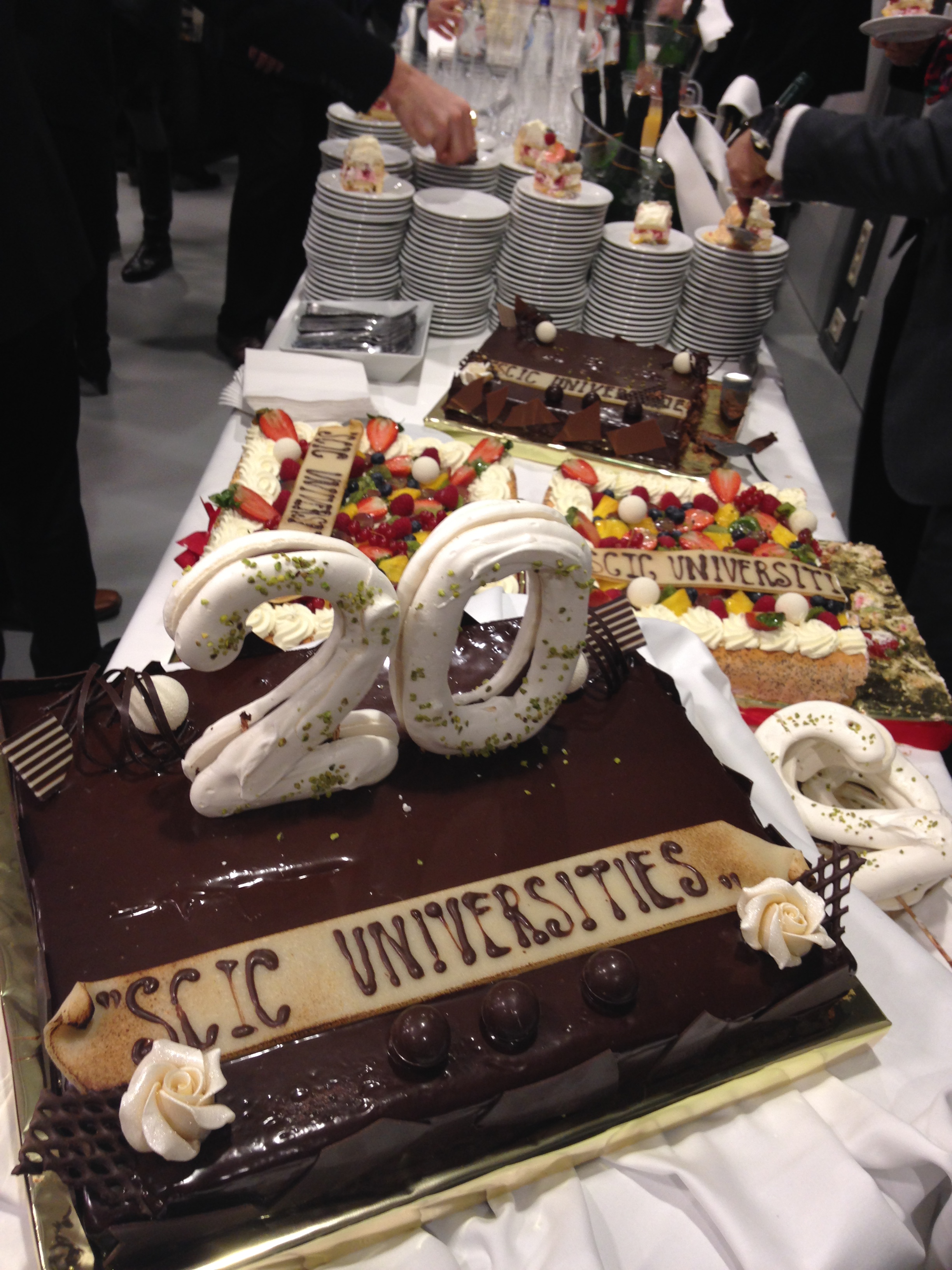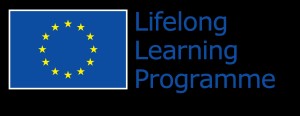This article was first published in ‘The Conversation’ https://theconversation.com/uk
Greater Manchester Police staged a mock attack featuring a suicide bomber late on the night of Monday May 9. It began at the Trafford Centre shopping complex when a man in black walked into the centre of the main foyer and shouted “Allahu Akbar” – “God is great” – several times at the crowd. Moments later, an explosion rocked the food hall. The 800 volunteers dropped to the floor or ran into cafes and shops screaming for help, many of them made up to look as if they had horrific injuries.
The reaction has been largely negative, with many making the point that using the words “Allahu Akbar” reinforced the stereotype that terrorists are primarily Muslim. They rightly said that in reality, anyone can be a terrorist. By enforcing the Muslim stereotype, the exercise divided rather than united people and could increase anti-Muslim hate crime.
The police force was quick to put up a senior officer to respond. Stressing that “Allahu Akbar” was not scripted, he called the phrase “unacceptable” and apologised on behalf of the force since it “vocally linked this exercise with Islam”.
End of story? Actually an important point has been overlooked. The commentary has focused on the fact that the attack associated Islam and terrorism, but something else was associated with terrorism, too – the Arabic language. Spoken by an estimated 422m people, it is one of the most common languages in the world. Have we become so used to associating politics with particular languages that the matter is not considered exceptional or worthy of discussion?
UK connotations
This issue goes much wider than Arabic. Staying with the UK, other languages are associated with political ideologies, too. I worked in Northern Ireland for 11 years and could not fail to notice the political stereotypes around the Irish language. I worried that my beautiful Irish language name would generate the perception that my intentions were political – although friends assured me that given I was from the South, the issue did not arise.
Since the days of the hunger striker Bobby Sands, who taught himself and other fellow prisoners Irish in the H-Blocks, Sinn Féin has often been accused of politicising Irish. Linking Irish with political intent makes it uncomfortable for some people without nationalist aspirations to speak it in public.
Last year, for instance, the Belfast Telegraph columnist Claire Harrison wrote that she stopped her university course in Irish partly because of “a growing discomfort with a general assumption that I was a raving republican”.

The perception that Irish is political has been greatly enhanced by politicians from non-nationalist parties seizing the opportunity to score a point at the expense of the Irish culture. Linda Ervine, a prominent unionist Irish-language speaker, last year accused Nelson McCausland of the unionist DUP of politicising the Irish language in exactly the same manner he claims republicans are guilty of. It’s not as if it has to be this way. Many of my friends in Northern Ireland who speak Irish on a regular basis do not associate it with politics and are motivated only by a love of Irish culture.
Over the Irish Sea in Scotland, we are seeing signs of something similar. In my recent TEDx talk on living heritage I noted that Scots has gained a new visibility and credibility as the culture has become more self-confident in the wake of the 2014 independence referendum. Pro-independence daily The National now features a weekly column in Scots, for instance. Yet the emergence of Scots cannot escape the political undertones. As the culture scholar Scott Hames wrote a few months ago, the “question of Scots is now becoming hyper-politicised in crude and distorting ways”. He argued that “national identity is undoubtedly part of the picture; but it needn’t be the whole picture”.
Many of us have heard the slogan that “a language is a dialect with an army and a navy”. Languages now considered “neutral” or “official” have often gained their visibility and credibility with the support of political structures – a fact often forgotten at the beginning of the 21st century.
So how to respond? The Irish-language activist Aodán Mac Poilín has suggested that, rather than attempting to depoliticise languages and break their link with specific communities, we should think about making them appropriate for many communities and in many spheres – multi-politicising them, if you will. With this in mind, it is good to read about the latest Arabic initiative in London, in which “Subhan Allah” (or “Glory be to God”) is appearing on posters on the sides of the red buses. This initiative by Islamic Relief is designed to change the negativity about Islam and foster understanding between different communities.

A few days ago, London elected its first Muslim mayor, Sadiq Khan. The most recent winner of the Great British Bake Off was the Muslim Nadiya Hussain. With more events like these and fewer ill-conceived terror drills and such like, it raises the possibility of multi-politicising Arabic. Perhaps there will come a time when we don’t immediately think of terrorism when we hear the word “Allah”. Perhaps we might think instead about justice, human rights and good food.









